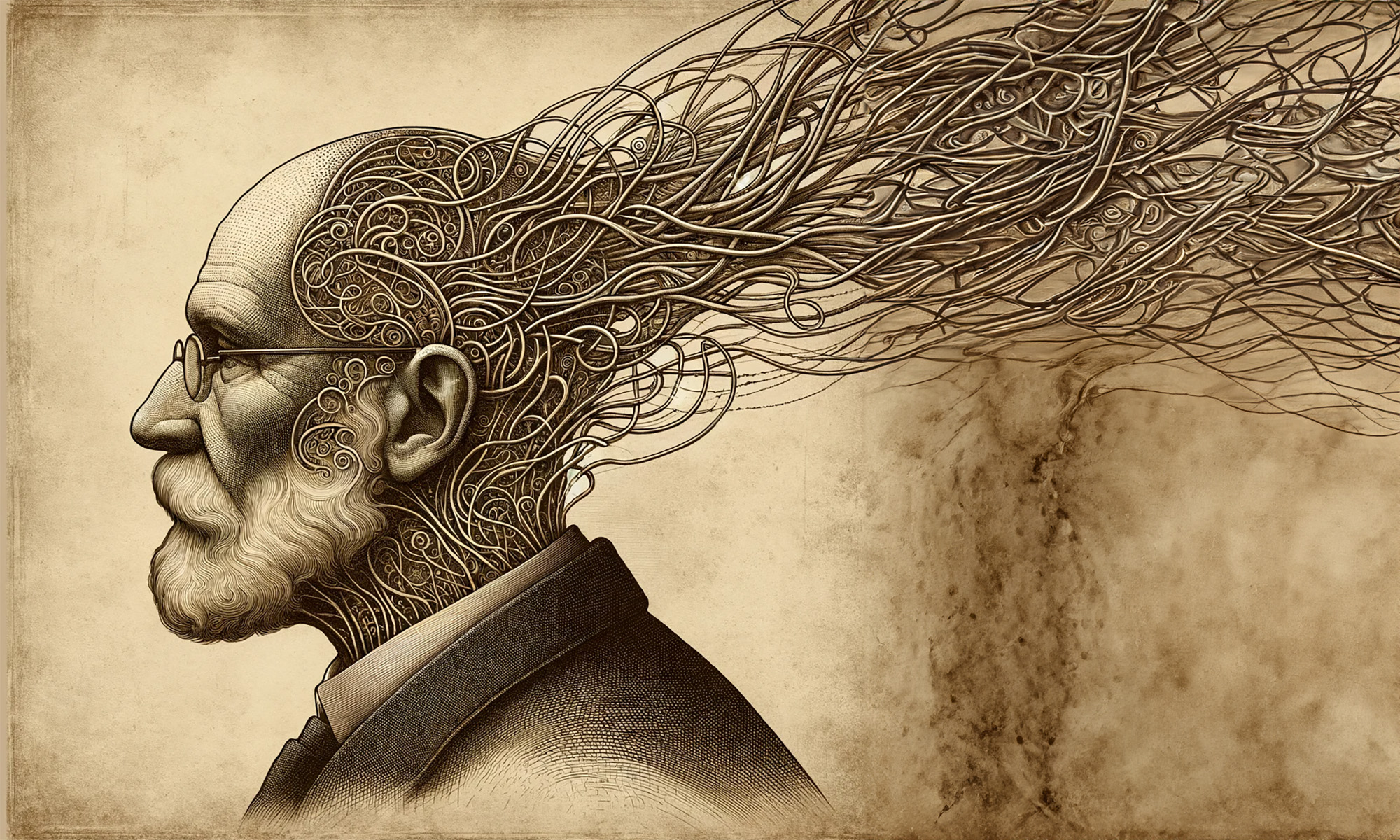DUBLIN, Ohio, USA, 7 November 2008—Researchers and developers from OCLC, the world’s largest library cooperative, and the information schools of Syracuse University and the University of Washington today announced their participation in a new international effort to explore the creation of a more credible Web search experience based on input from librarians around the globe. Called the “Reference Extract,” the planning phase of this project is funded through a $100,000 grant from the John D. and Catherine T. MacArthur Foundation.
“Sometimes, the simplest ideas are the most powerful,” said Dr. Mike Eisenberg, Dean Emeritus and Professor at the Information School of the University of Washington and a lead on the project. “The best search engines are great for basic search, but sometimes the Web site results lack credibility in terms of trust, accuracy and reliability. So, who can help? Librarians. If a librarian recommends a Web site, you can be pretty sure that it’s credible. RefEx will take hundreds of thousands of librarian recommendations and use them in a full-scale search engine.”
Reference Extract is envisioned as a Web search experience similar to those provided by the world’s most popular search engines. However, unlike other search engines, Reference Extract will be built for maximum credibility of search results by relying on the expertise of librarians. Users will enter a search term and receive results weighted toward sites most often used by librarians at institutions such as the Library of Congress, the University of Washington, the State Library of Maryland, and over 2,000 other libraries worldwide.
As part of the planning process, participants are reaching out to partners in libraries, technology organizations and research institutions. “The only way this will work is by making a project of an entire community,” said Dr. R. David Lankes, Director of the Information Institute of Syracuse and Associate Professor at Syracuse University’s School of Information Studies. “Web searchers get to tap into the incredible skill and knowledge of the library community, while librarians will be able to serve users on a whole new scale. This work follows on previous credibility work supported by the MacArthur Foundation, most notably the Credibility Commons (http://credibilitycommons.org/).”
“We look forward to working with Syracuse University and the University of Washington in developing this credibility focused search capability, which holds the promise of providing powerful new access to information based on professionally delivered library reference services,” said Jay Jordan, OCLC President and CEO. “We are grateful for support from the MacArthur Foundation in this planning phase, and we are hopeful that this effort will lay the necessary groundwork for implementing a large-scale, general user service.”
The Reference Extract project will hold a series of meetings and consultations over the coming months. The team is eager to build a business plan and technology architecture to benefit users and the library community alike. Those interested in providing input on the project and learning more can visit the project Web site at http://digref.org.
The John D. and Catherine T. MacArthur Foundation
The MacArthur Foundation supports creative people and effective institutions committed to building a more just, verdant, and peaceful world. In addition to selecting the MacArthur Fellows, the Foundation works to defend human rights, advance global conservation and security, make cities better places, and understand how technology is affecting children and society. More information is available at www.macfound.org.
The School of Information Studies at Syracuse University
The School of Information Studies is The Original Information School in the nation. It is a leading center for innovative programs in information policy, information behavior, information management, information systems, information technology and information services. The nationally ranked school (U.S. News and World Report) has professional degree programs at the undergraduate and master’s levels and a research degree at the doctoral level. The school offers its master’s programs in campus and distance learning formats. For more information, visit www.ischool.syr.edu/about/.
The University of Washington Information School
Each year, the world creates more than 161 exabytes of new information—enough to fill 2 billion 80GB iPods. So much information can be overwhelming. Rigorous study of the users and uses of information conducted at the UW Information School helps answer important questions. By tackling key social and technical problems in the information field, the UW iSchool has become an important link between users of information and designers of information systems, connecting society with the information it needs. For more information, visit www.ischool.washington.edu/.
About OCLC
Founded in 1967 and headquartered in Dublin, Ohio, OCLC is a nonprofit library service and research organization that has provided computer-based cataloging, reference, resource sharing, eContent, preservation, library management and Web services to 60,000 libraries in 112 countries and territories. OCLC and its member libraries worldwide have created and maintain WorldCat, the world’s richest online resource for finding library materials. For more information, visit www.oclc.org
